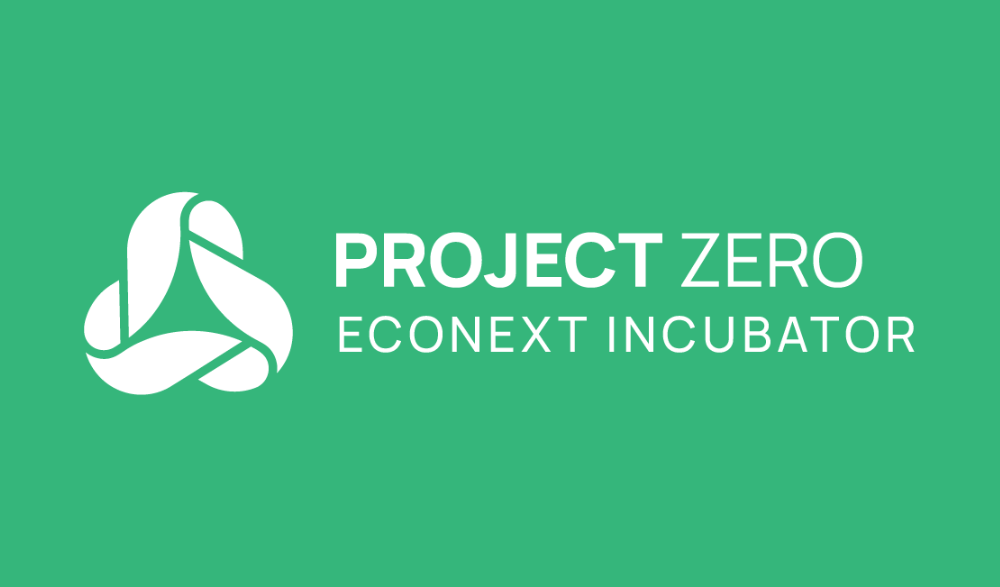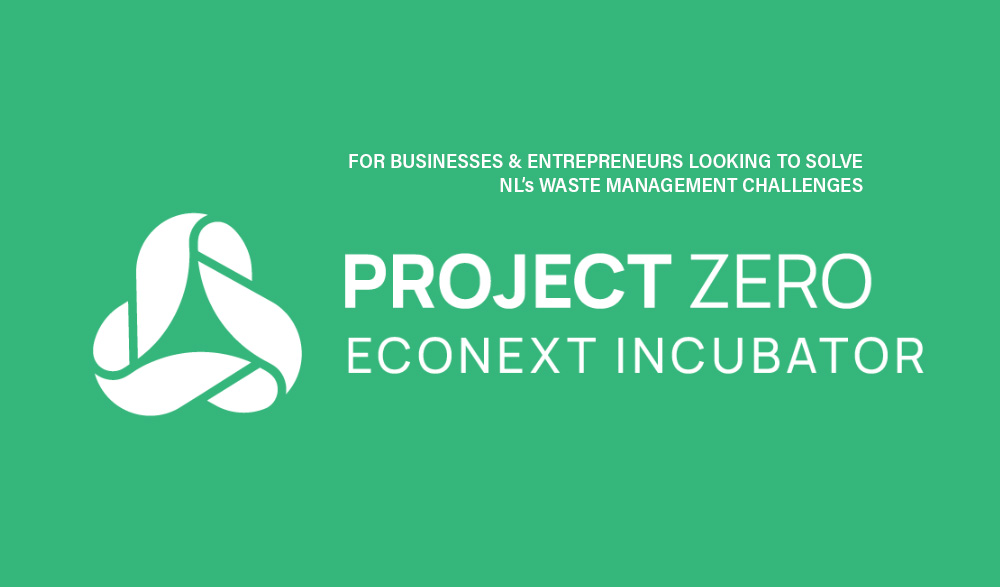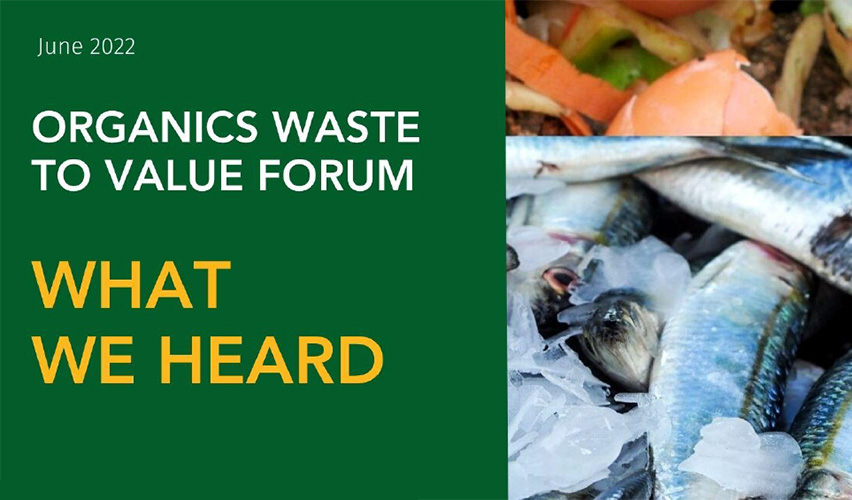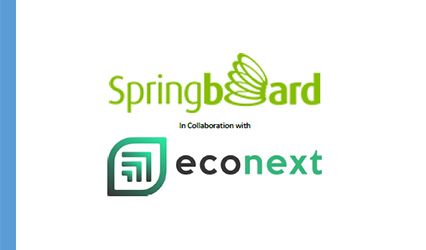
The Project Zero econext Circular Economy Incubator is a free program to help entrepreneurs and businesses explore opportunities for innovative new approaches to waste management in Newfoundland and Labrador (NL).
Over the course of 6 months, participants will advance their ideas forward and benefit from entrepreneurial skill-building, circular economy expertise, ongoing business mentorship, and access to a network of like-minded organizations and leaders.
Our 2025 Cohort application period is currently closed.
Program Participants
2025 Program Cohort List
• Chemisphere
• Ecofoundland Innovation
• FutureSprout
• Gale’s Wastewater Services
• MME Energy Inc.
• Oil Filtration Solutions Ltd.
• PrinterAPI
• ReLab Arts
• Starfish Anchor
2025 Program Mentor List
We are extremely grateful to our mentors for generously volunteering their time and expertise to support the Project Zero econext Incubator ventures.
• Brad Russell
• Don Drew
• Joshua Barrett
• Larry Gray
• Renita Dominaux
• Shandi Caines
• Shem Evans
• BJ Danylchuk
• Diane Hollett
Program Outcomes
Through the incubator, program participants will:
- Develop a business plan
- Learn how to pitch their ideas
- Build a foundation of business fundamentals and entrepreneurial skills
- Connect with mentors and coaches
- Network with innovative business leaders and industry experts
- Come together with like-minded entrepreneurs going through the same process
At the end of the program, participants will have a better understanding of the feasibility of their ideas and what the next steps are in their pursuit.
Program Schedule
- March – Applications are open!
- April – Applications close. Cohort is selected from the applicant pool.
- May – Each venture is matched with a business coach, meeting monthly to provide mentorship, facilitate connections, and jump hurdles. Ventures participate in monthly virtual sessions hosted by industry experts, covering entrepreneurship and sustainability fundamentals. In tandem with sessions, ventures complete assignments that build towards a comprehensive business plan.
- December – Ventures compete in the final pitch event, presenting to an audience of investors, industry experts, and media.
Applications
Applications for the 2025 cohort are now closed. If you are interested in applying for our next cohort, check back to this page in the coming year. You can also subscribe to our newsletter to be alerted when applications open.
Information Webinar
Please find both the recording and presentation from the Project Zero econext Circular Economy Incubator webinar.
Click here for the presentation.
Click here for the webinar recording.
Why is Innovation in NL’s Waste Management Important?
Newfoundland and Labrador has a small population spread across vast areas of land. Its communities and industries are often found in rural and sometimes even remote areas. These circumstances make the provision of waste management services challenging. Processes and technologies that are proven elsewhere often are uneconomic in the NL context due to smaller scales of activity and volumes of waste. Meanwhile, NL is one of the largest producers per capita of waste in Canada; our waste has significant environmental impacts including the fact that our landfills are responsible for ~7% of the province’s greenhouse gas (GHG) emissions. Developing and adopting new technologies and services that diverts waste from our landfills can have a positive environmental impact and reduce our waste management costs.
What is the Circular Economy?
In today’s world, most of the products we purchase are made from raw resources and are designed to be used for only a short time before being disposed of and ending up at a landfill. On average, only 7.2% of materials are recirculated back into the global economy at end-of-life. This ‘take-make-waste’ economy is resource-intensive and puts pressure on Earth’s natural ecosystems.
Taking a more ‘circular’ approach means rethinking how products are designed, manufactured, used, and treated at the end of their useful life. In a circular economy, products and materials recirculate within the supply chain through reduction, reuse and repair, redistribution, reconditioning, and recycling processes.
A more circular economy reduces waste and pollution, while helping to increase resource efficiency.
Questions
If you have any questions on the Project Zero econext Circular Economy Incubator or the application process, please reach out to incubator@econext.ca.
![]()
About Synergy Foundation
Synergy Foundation was created in 2013 by the Synergy Enterprises team and a group of passionate community members and leaders who recognized the need for a non-profit organization to lead the transition towards a green economy on the west coast. Since its inception, Synergy Foundation has focused on innovative projects and programs that have pushed the envelope, supported hundreds of businesses, and turned great ideas into action.
Our core focus areas include supporting communities and businesses in adopting circular economy practices and advancing green business operations to foster a regenerative, inclusive, and equitable economy. This is represented in our core initiatives: BC Green Business, Project Zero, and the Ecostar Awards.







